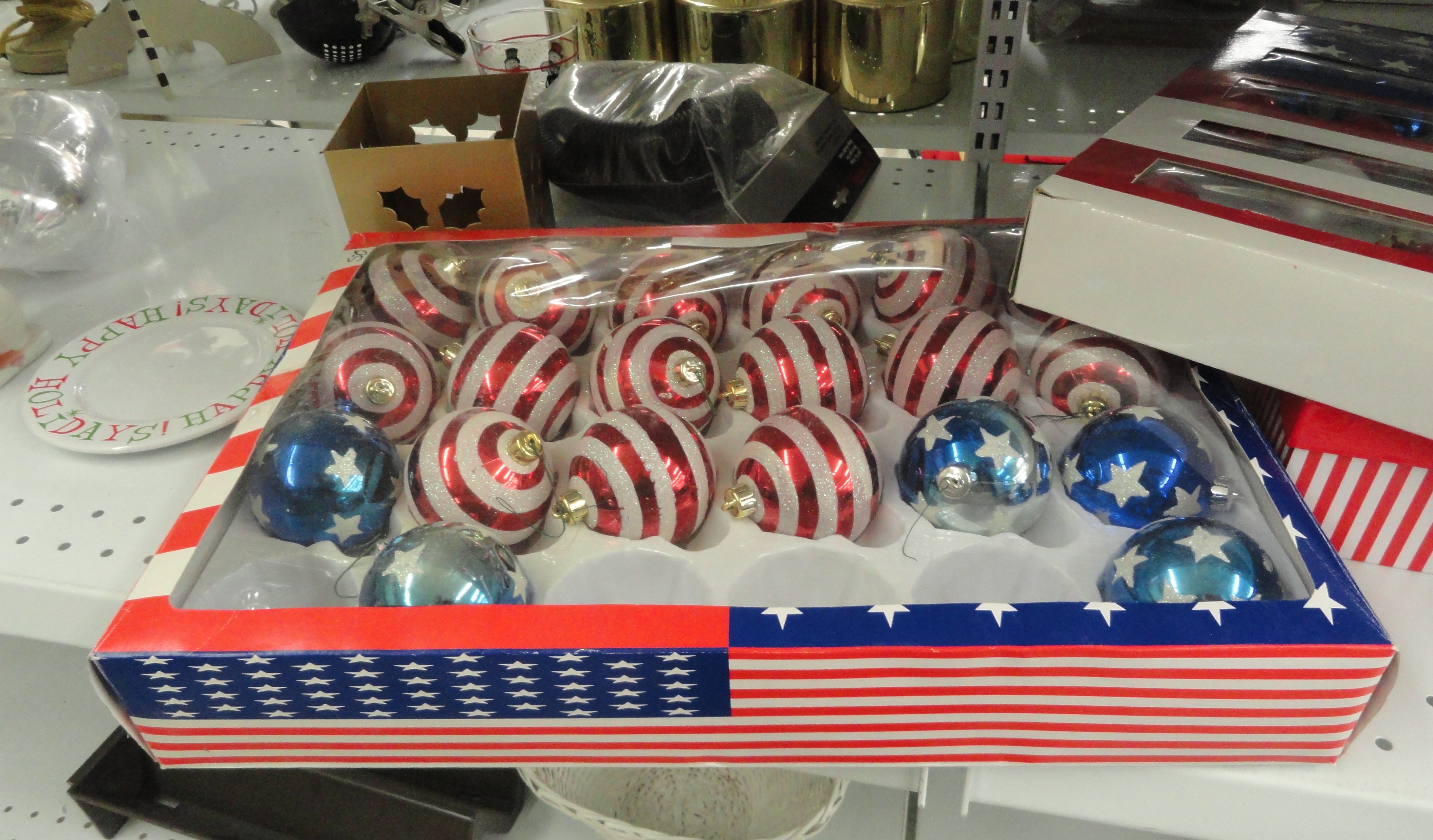It can happen to anyone.
photo by Cátia Maciel
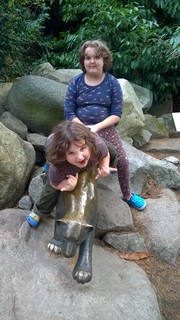
Be seriousNow, though, that I'm involved with unschooling I say to adults and to children alike, take this lightly. Play around.
Act your age
Don't take this lightly.
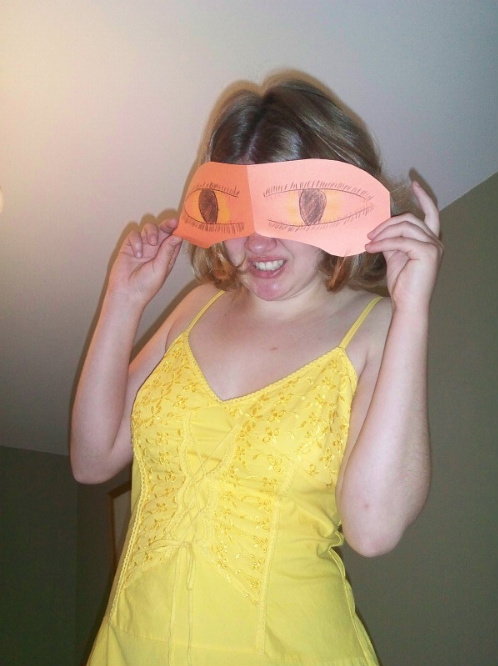
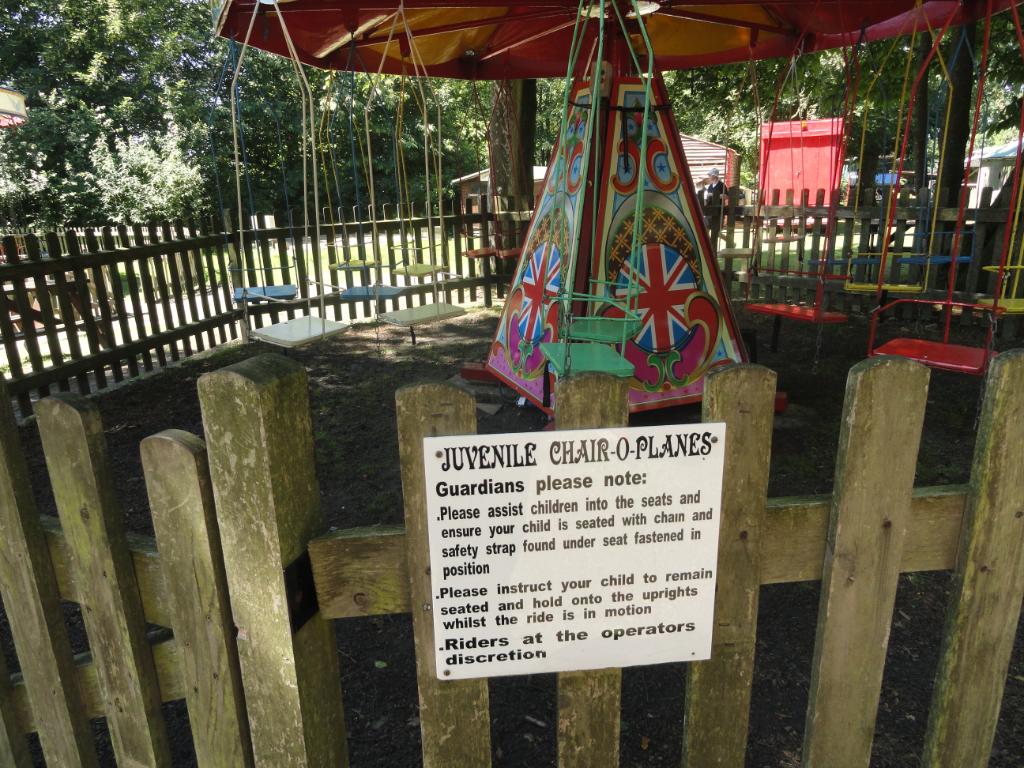
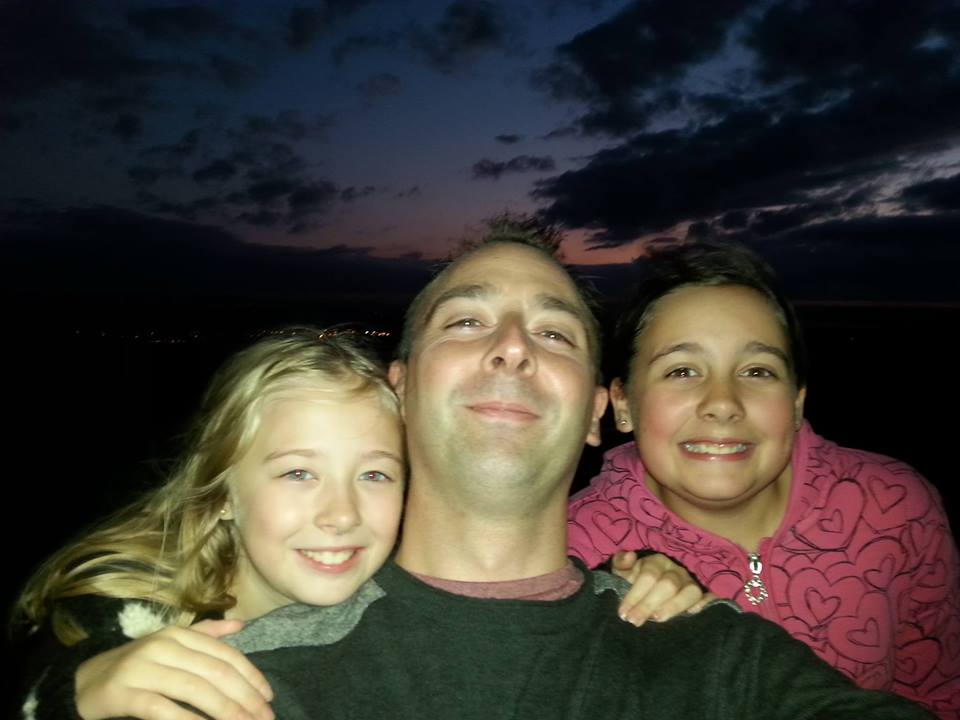
"What does unschooling look like at this age?"
Clare Kirkpatrick wrote:
It looks like it does at any age: fun and connection. Do what is fun for them. If you're also working on better connection with them, a closer relationship with them, you'll also start to learn what they may find fun that they don't yet know about. Also do what is fun for you. Learning to help yourself to do fun things will help you realise that your children's learning and richness of life will come from helping them to do things they find fun.At the moment in my house, I am having fun thinking hard about unschooling. My husband and my 12 year old are having fun and connecting with each other by playing Call of Duty together. I have helped my 6 and 8 year olds by making some space for them to build a little home for their polly pocket dolls out of wooden blocks and they are now having fun working on that and playing together. My 10 year old is having fun watching Mako Mermaids on Netflix and occasionally turning round to watch her sister and dad playing and ask questions about the game. Actually, while I've been writing that, the six year old has now snuggled next to my 12 year old to join in the chat about the game. Connection and fun. And, therefore, learning.
—Clare Kirkpatrick
https://sandradodd.com/clare.html#fun
photo: selfie by Sven, the dad
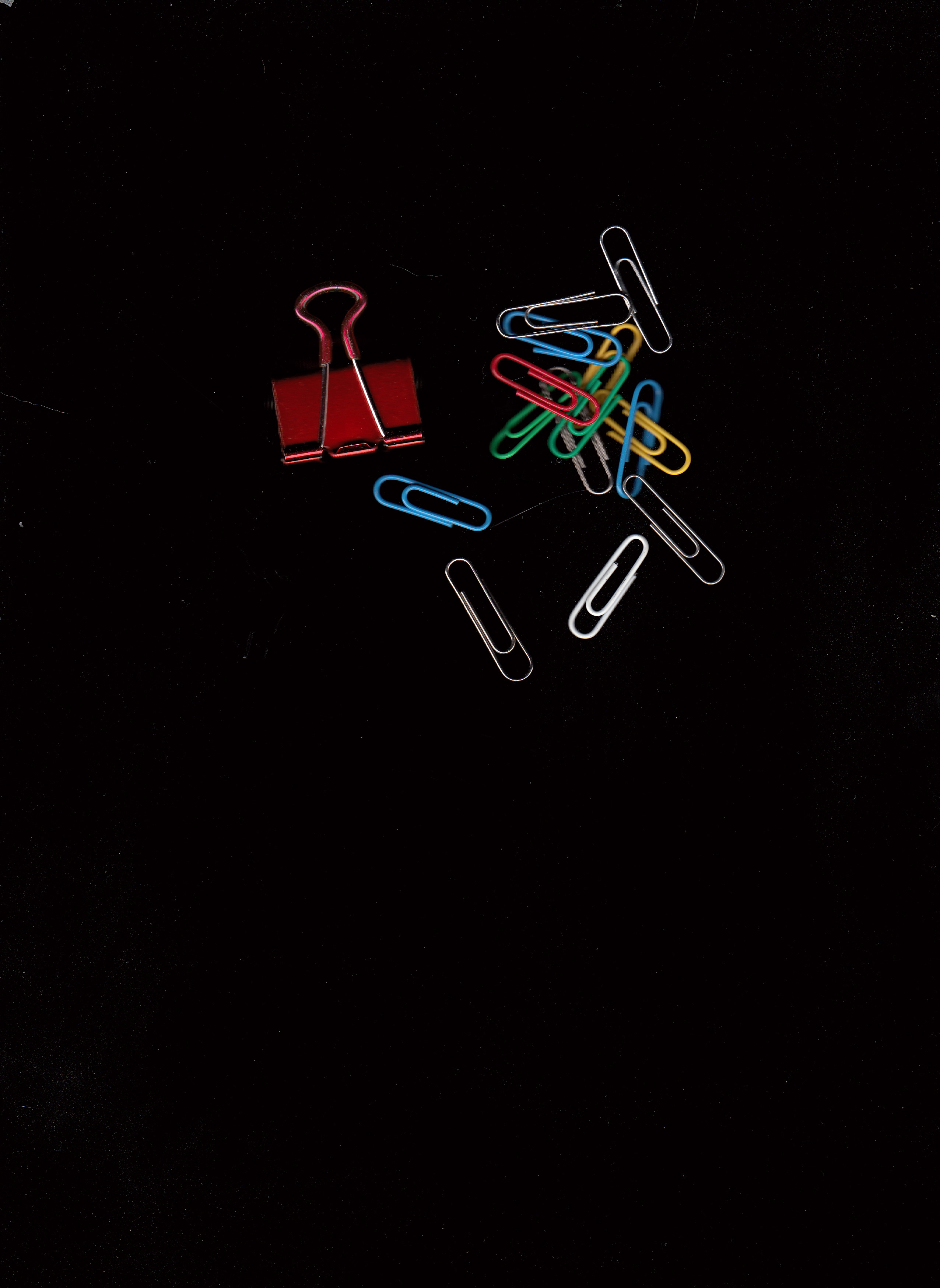
paper clipand that was without asking anyone else or using a websearch or dictionary.
hair clip
clipping hair
clipper ship
clip-clop
clipped speech
clipping coupons
newspaper clippings
fingernail clippings
clipping the grass
How do parents learn to play?
Learn by doing.
Play with words, thoughts, ideas.

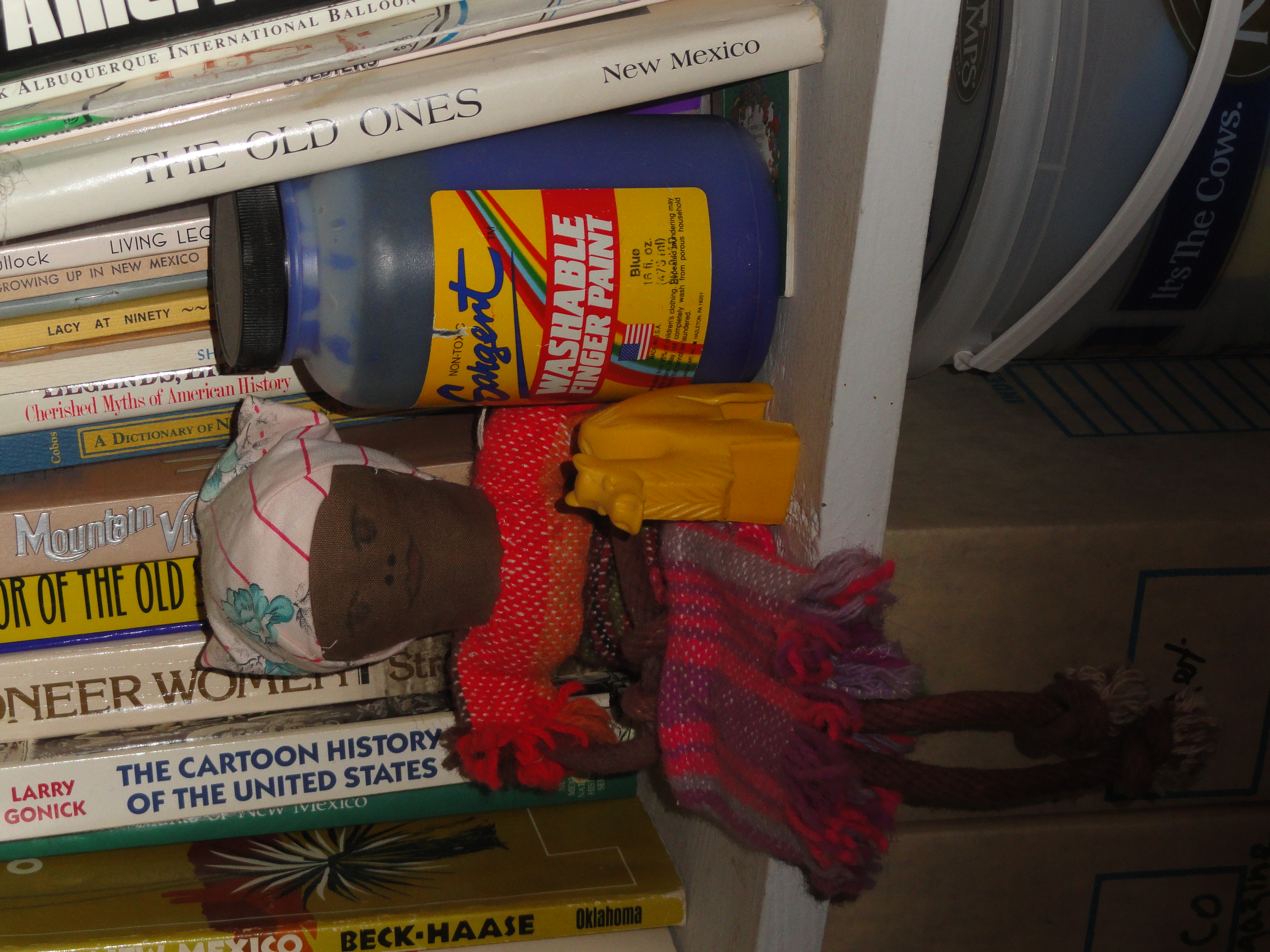

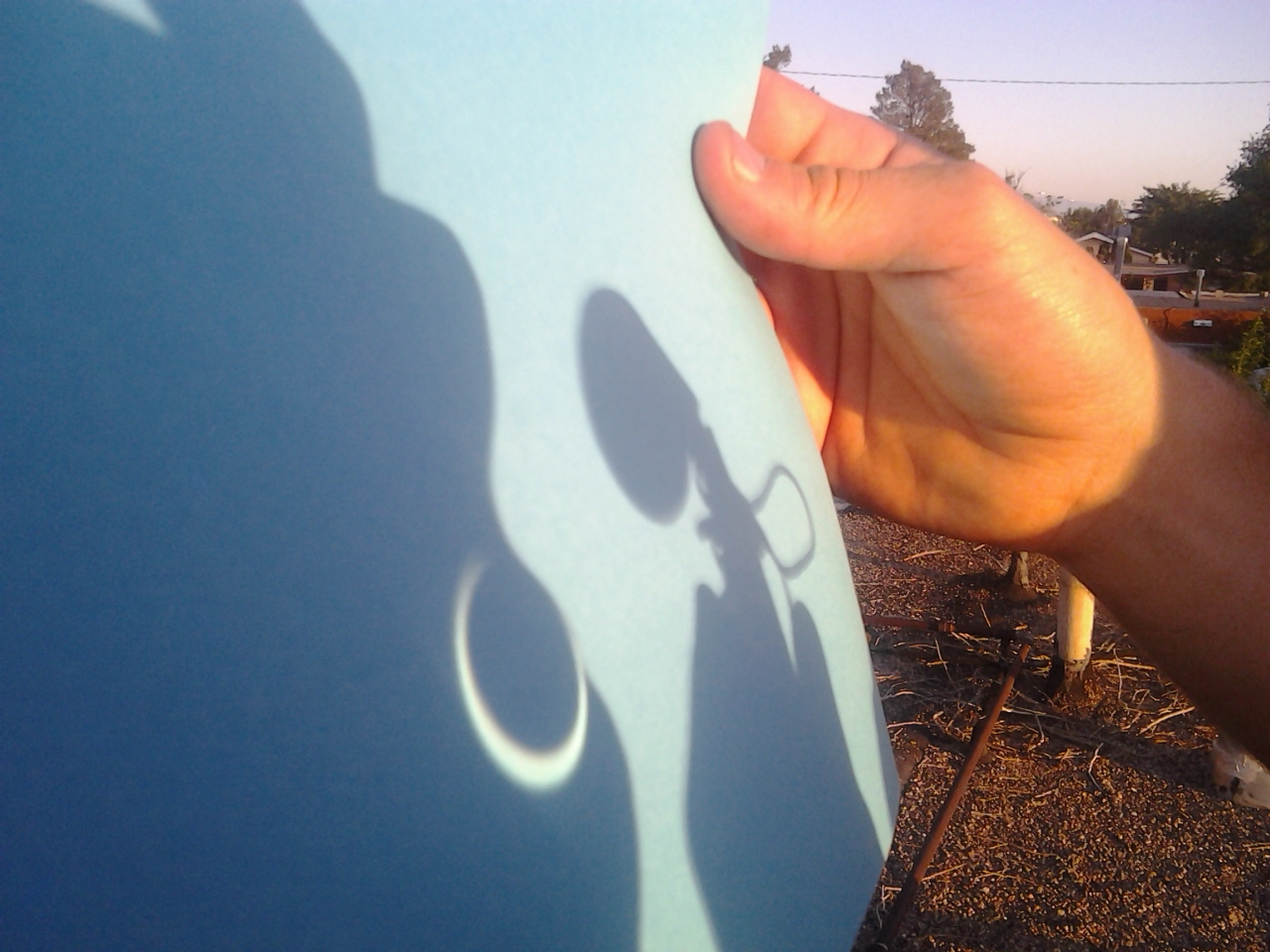
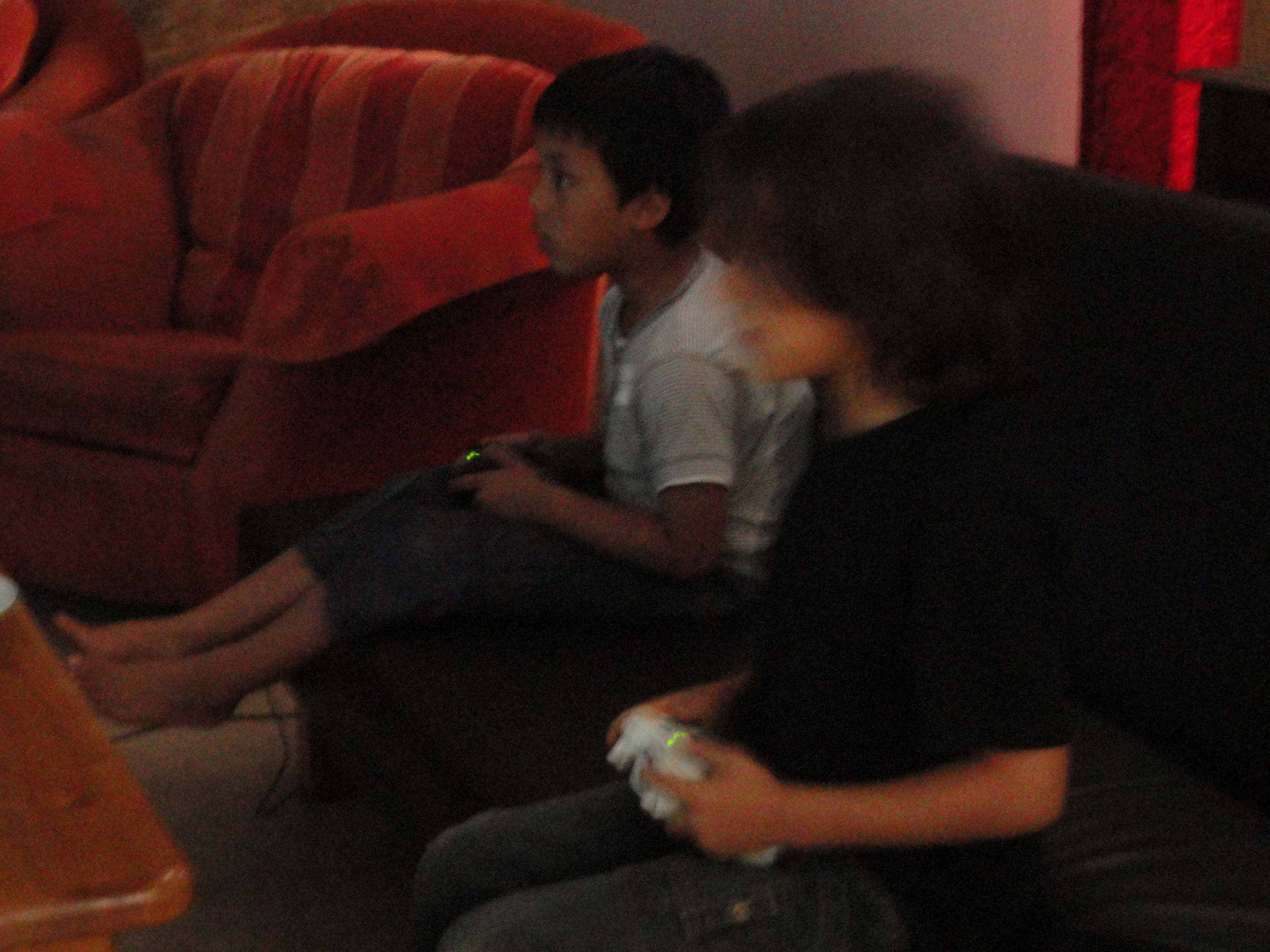
There was no reason for me to say, "That's wrong." I would have spoiled their fun if I had. I didn't say a word. I knew enough already, because I had this information:

